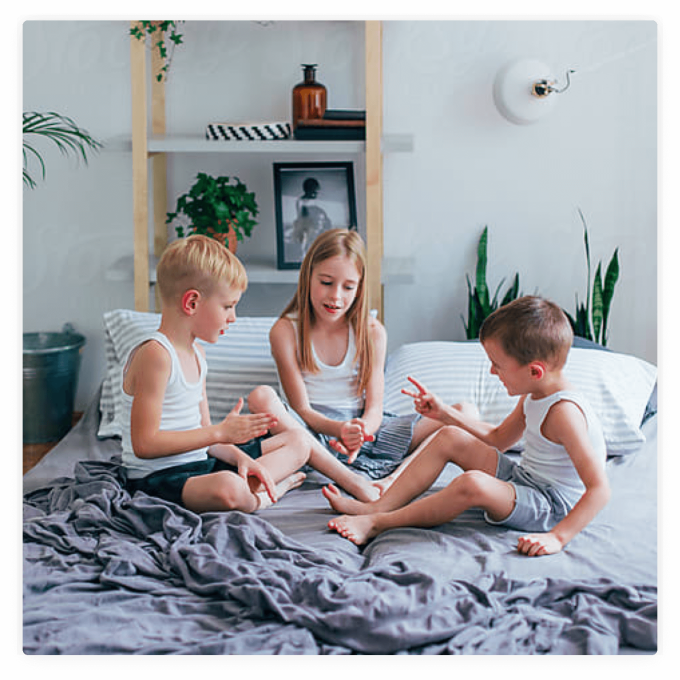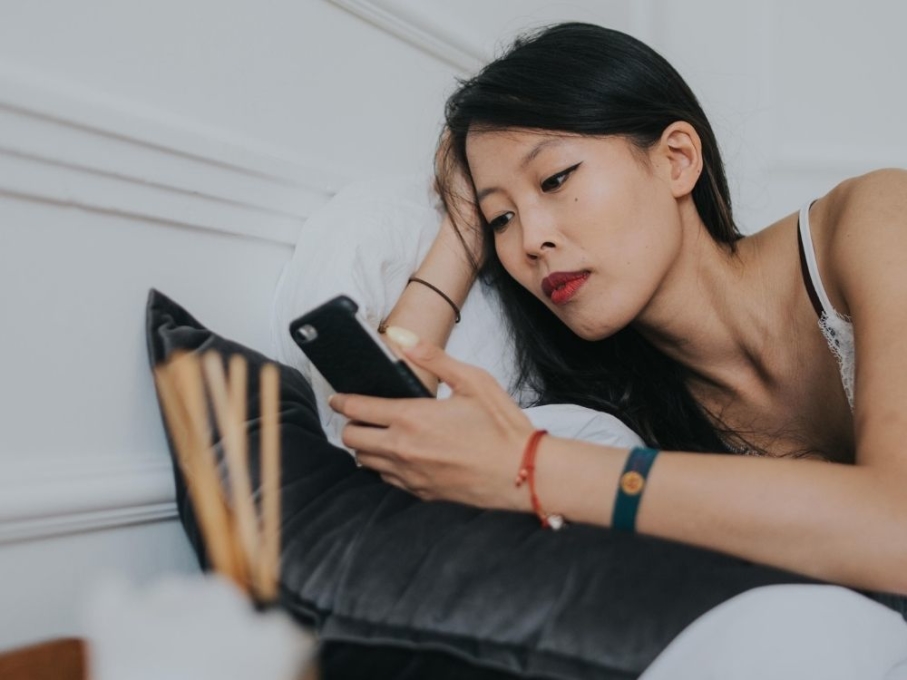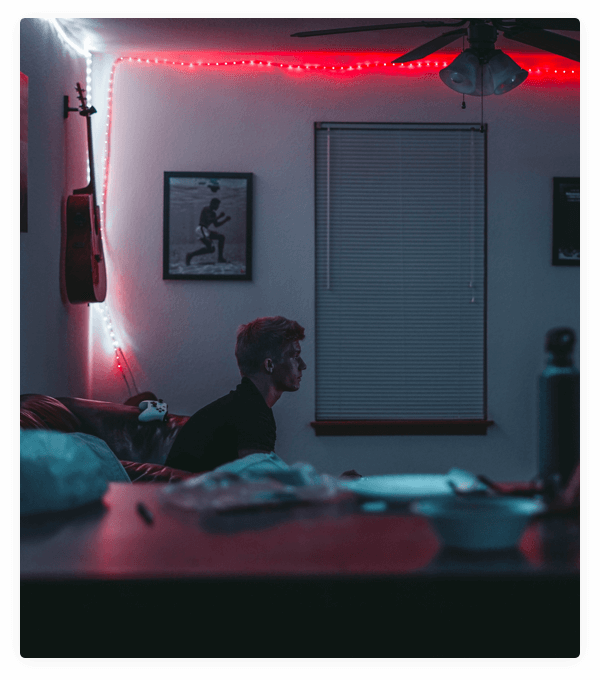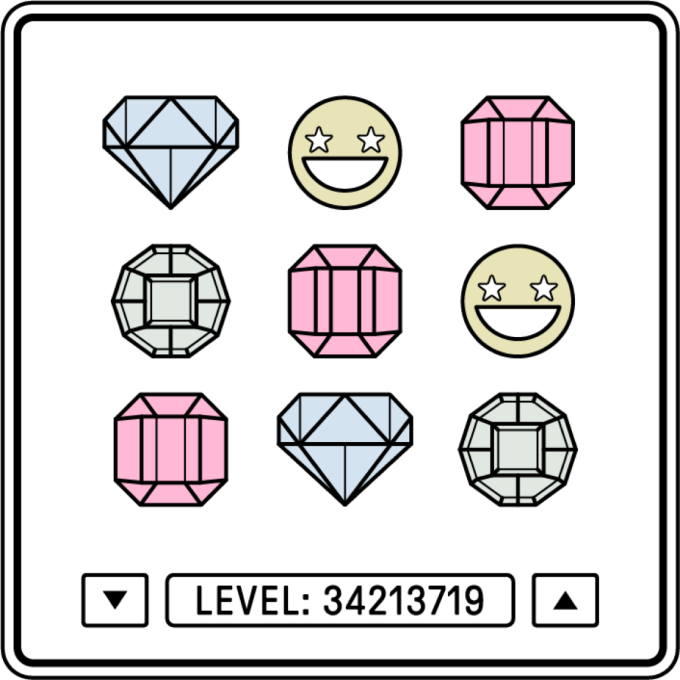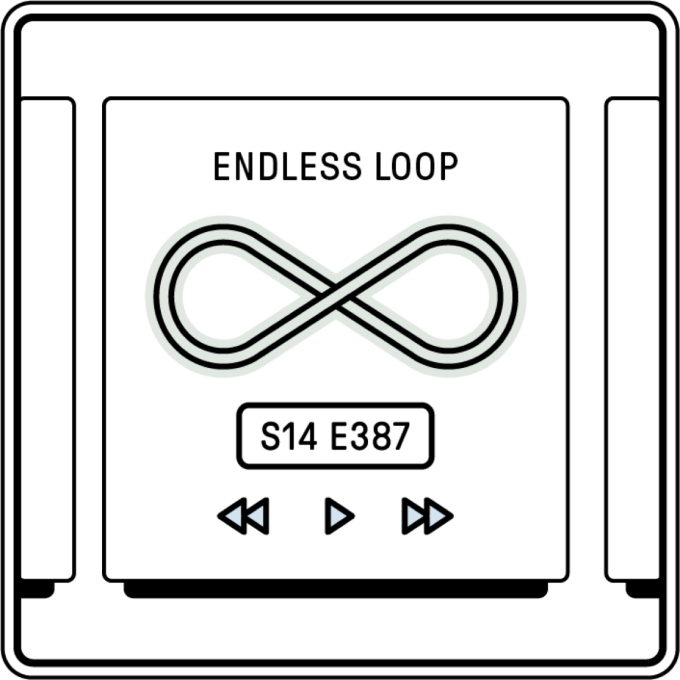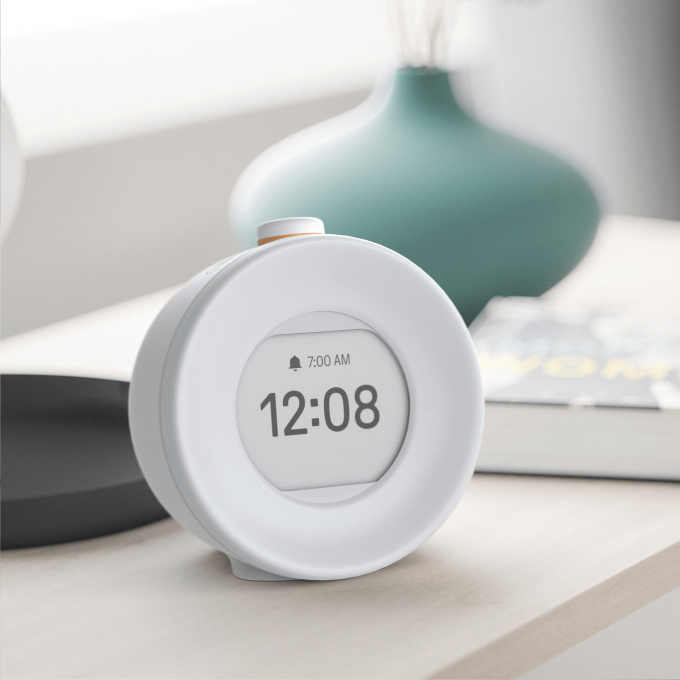Effects similar to when you drink alcohol
Sleep deprivation can affect the body in the same way as drinking alcohol. After approximately 17-19 hours without sleep, a research study has shown that our ability to stay alert is similar to someone with a blood alcohol concentration (BAC) of 0.05%. In the US, someone with a blood alcohol concentration of 0.05% is considered on the legally drunk scale to be ‘impaired’.
This is why truck drivers and people on road trips need to be particularly careful when it comes to long journeys. If you wouldn’t drive drunk, you shouldn’t drive tired. After 24 hours of sleep deprivation, the body is in a similar state to that of someone with a BAC of 0.1%.
Considering that 0.08% is legally drunk, this shows how serious a lack of sleep can be. Pulling all-nighters is counterproductive for this very reason, you’re better off going to sleep and waking up earlier than putting the work in at night. It would be the equivalent of working whilst drunk, so probably not the most productive method.

